The Ministry of Transport has just submitted a document requesting the Government to consider and submit to the National Assembly a resolution allowing the collection of fees for using highways invested by the State.
According to the Ministry of Transport, the Law on Fees and Charges currently does not have regulations on fees for using state-invested highways. The collection of road usage fees according to the price mechanism through toll stations on highways is only implemented for road construction projects for business purposes (BOT projects).
To achieve the target of 5,000km of highway, the estimated investment capital demand by 2030 is about VND813,000 billion. Of which, the 2021-2025 period requires about VND393,000 billion to complete 2,043km; to start construction of 925km, VND239,500 billion of the state budget will be needed.
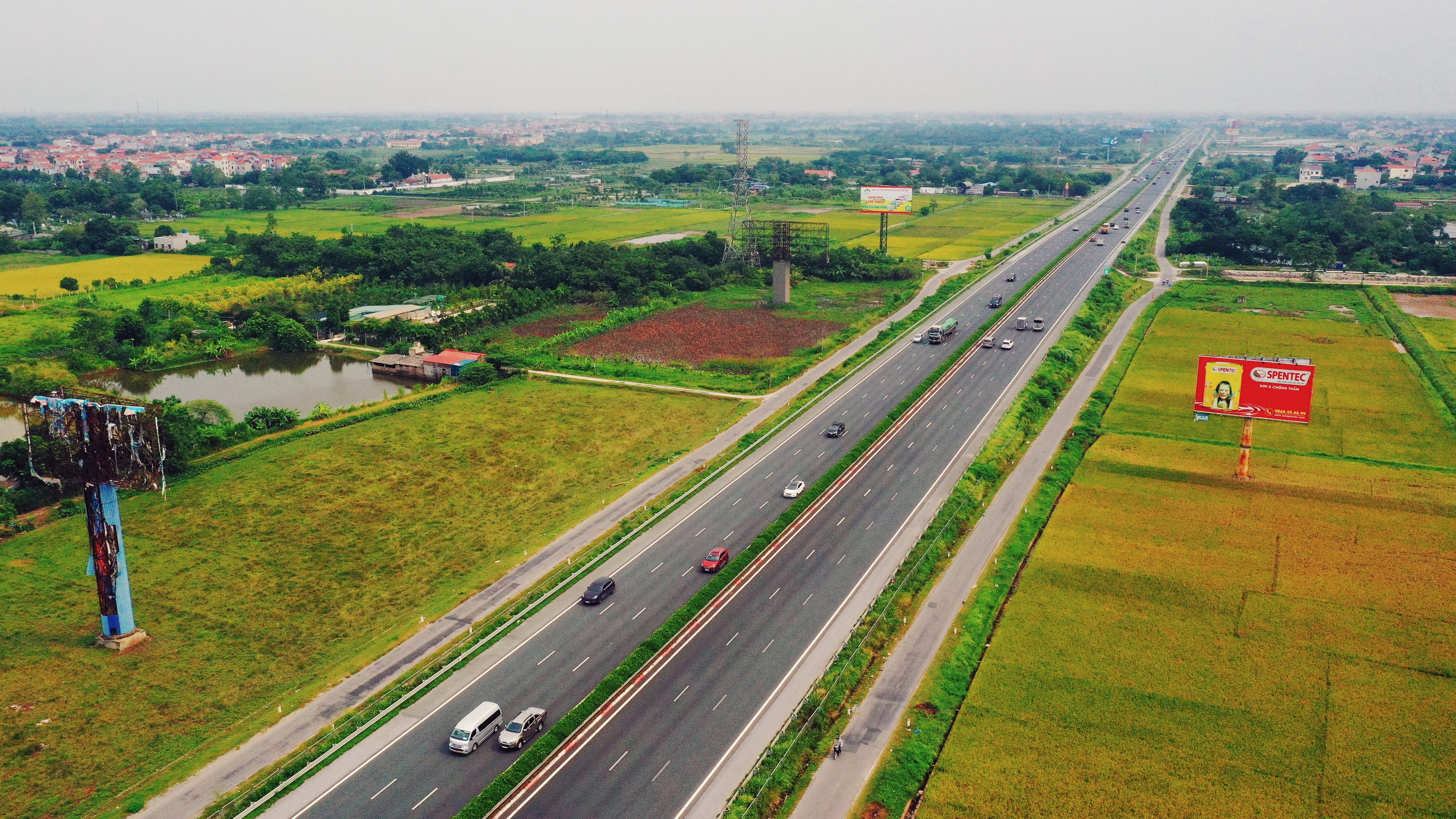
Because the state budget requirement for new highway investment is very large, it is necessary to develop policies to have state budget resources for highway development investment.
In addition, when the highways are completed, maintenance funds are needed to maintain technical conditions. In recent years, for routes managed by the State, the average budget expenditure was about 830 million VND/km/year to basically cover management and operation costs and part of maintenance costs.
It is expected that by 2025, if 1,624km of expressway invested with the state budget comes into operation, the total estimated cost for management and maintenance in the 2021 - 2025 period will be about VND 9,067 billion (average VND 1,813 billion/year).
Should not collect in the current context
On the afternoon of August 10, speaking with VietNamNet reporters, economic expert, Associate Professor, Dr. Ngo Tri Long, former Director of the Institute for Price Market Research (Ministry of Finance) said that the proposal to collect tolls on state-invested highways had been raised since 2020, but at that time it encountered public backlash, so the proposal was not considered.
Mr. Long said that whenever resources are limited while demand is high, we often use the measure of increasing revenue.
“My point of view is that when our resources are limited, we need to consider whether we are spending them effectively. In the context of ineffective use causing waste and loss, it is unreasonable to want to increase revenue,” Mr. Long expressed.
According to the economic expert, collecting tolls on highways invested by the State will create great pressure on people and businesses, especially in the context of the current economic difficulties, where workers in some places do not have enough wages to live on.
"In this context, it is reasonable to reduce revenue. The Government has also reduced VAT, but now wanting to increase revenue is unreasonable," Mr. Long emphasized.
Mr. Long commented that, in the context of our limited competitiveness, if we continue to increase revenues, including road fees, it will lead to increased input costs. When input costs increase, the price of goods will increase according to transportation costs, and when prices increase, businesses will lose their competitiveness.
The Ministry of Transport believes that the proposal to collect tolls on highways invested by the State has drawn on the experience of other countries in the world. However, according to Associate Professor, Dr. Ngo Tri Long, even developed, high-income countries like the US do not collect tolls; more recently, countries in Southeast Asia do not collect tolls on highways invested by the government or the State.
“The principle of the financial industry is that if you want to have revenue, you have to nurture and create revenue. In a context where revenue is difficult and not nurtured, increasing revenue is not reasonable,” Mr. Long stated his opinion.
According to Mr. Long, there will be two groups affected by this policy if approved. Group 1 is vehicles of state agencies and enterprises. At this time, collecting highway fees is just a form of transferring money from one pocket to another.
Group 2 with private enterprises and people, that is their own money. “People’s tax money has already been contributed to build the road, if we force them to pay again, wouldn’t they be forced to pay the fee twice, fee on fee? Not to mention that there is now a road maintenance fee. Therefore, I think there should be no toll collection on highways invested by the State,” Mr. Long suggested.
Source



![[Photo] General Secretary To Lam meets and expresses gratitude to Vietnam's Belarusian friends](https://vphoto.vietnam.vn/thumb/1200x675/vietnam/resource/IMAGE/2025/5/11/c515ee2054c54a87aa8a7cb520f2fa6e)
![[Photo] General Secretary To Lam arrives in Minsk, begins state visit to Belarus](https://vphoto.vietnam.vn/thumb/1200x675/vietnam/resource/IMAGE/2025/5/11/76602f587468437f8b5b7104495f444d)

![[Photo] General Secretary To Lam concludes visit to Russia, departs for Belarus](https://vphoto.vietnam.vn/thumb/1200x675/vietnam/resource/IMAGE/2025/5/11/0acf1081a95e4b1d9886c67fdafd95ed)

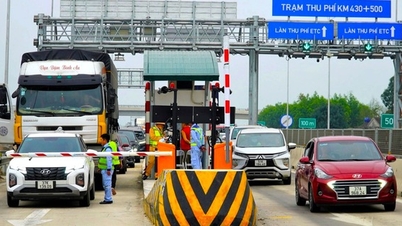



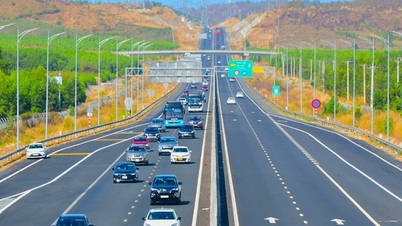
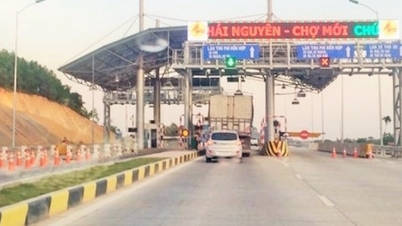



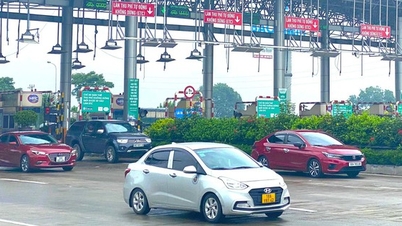



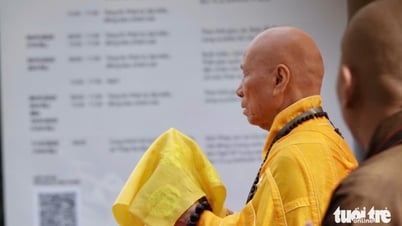

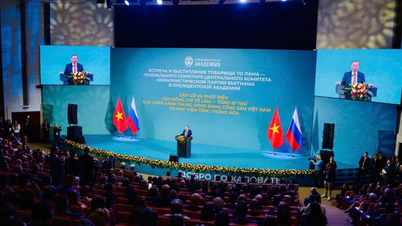










![[Photo] National Assembly Chairman Tran Thanh Man attends the Party Congress of the Committee for Culture and Social Affairs](https://vphoto.vietnam.vn/thumb/1200x675/vietnam/resource/IMAGE/2025/5/11/f5ed02beb9404bca998a08b34ef255a6)











































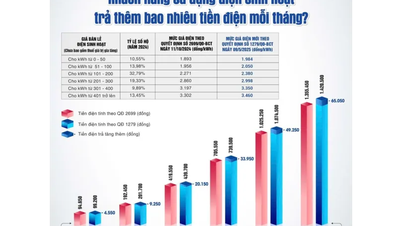

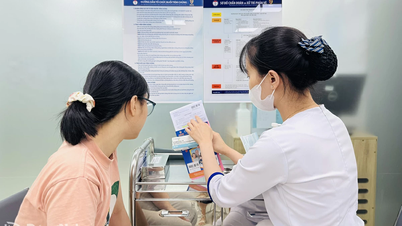

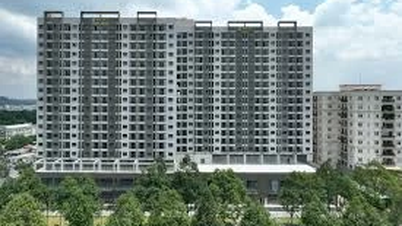

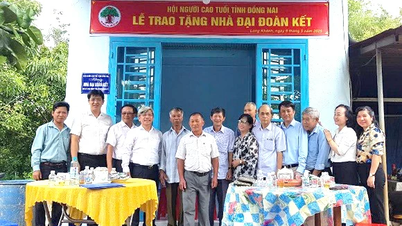








Comment (0)